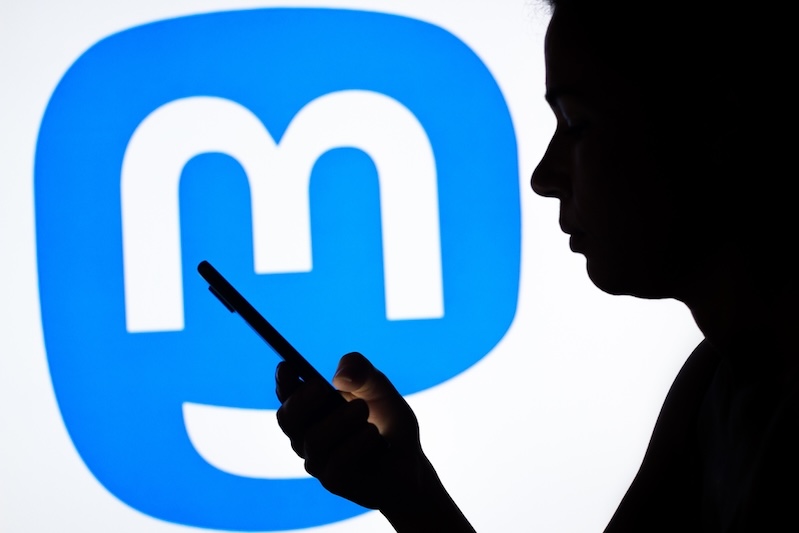
Mastodon, a decentralised social media platform, revealed earlier this week that it now has more than one million active monthly users, amid a surge in sign-ups in the wake of Elon Musk’s takeover of Twitter.
Mastodon is viewed as a viable alternative as it offers a similar experience to Twitter, with “toots” in place of tweets, and “boosts” and “favourites” mirroring the functionality of retweets and likes, respectively. However, after digging a little deeper, it becomes apparent that the two platforms are actually quite different.
What is Mastodon?
Mastodon is a free, open-source social networking service with microblogging features that first launched in 2016. It has something called a “federated” infrastructure, which is comprised of numerous, independent servers that are linked together. This decentralisation means Mastodon is not owned by a single person or company.
When users sign up, they have to select a specific server to join. This has caused confusion for people used to traditional social media platforms such as Twitter, where everything is streamlined, connected and accessible at once. On Mastodon, your account only exists within this server and if it’s deleted, your account is lost too.
The thousands of new users currently joining Mastodon every hour have a wide range of servers to choose from, though. These servers are themed, based on interests and locations such as technology, gaming or the UK.
There is currently a server that is onboarding journalists. Website owner Mike Masnick recently posted on Twitter that the number of journalists switching to Mastodon “is astounding”. For the general user, however, the sign-up and server process can seem complicated and overwhelming.
Why are people leaving Twitter?
Mastodon says around a quarter of a million users have joined the platform during the last week, with this surge coinciding with Musk’s decision to finally close his $44bn deal to acquire Twitter.
The early days of Musk’s tenure have been rather chaotic after he fired 50% of the workforce and gutted its content moderation team. New features have also been hastily rolled out, such as the $8 per month subscription to get blue-tick, verified account status.
This has prompted fears that Twitter could lurch from one unpredictable update to the next and that hate speech could run rampant on the platform, especially as Musk has been vocal in his desire for “free speech”.
As a result, users who no longer see Twitter as a welcoming space are looking for alternatives, while advertisers are pulling out as they don’t want their content being placed next to misinformation and hateful posts.
Musk admitted earlier this week there had already been a “massive drop in revenue” due to advertisers leaving the platform. This is a major problem, as around $4.5bn of the $5bn Twitter generates in revenue annually comes from advertising.
Can Mastodon replace Twitter?
Mastodon has seen a 55% spike in active users following the upheaval at Twitter and in many ways, it does appear to be a potential and viable replacement.
After users have selected a server of choice, they will be presented with an experience that is very familiar if they have used Twitter regularly. There are four main sections: Home, Local, Explore and Federated. Users can talk to people they find on the server, read toots from followed accounts in the Home feed, publish posts with hashtags and see content from everyone on the server in the Federated feed. There are no algorithms or ads.
But the fact that users are tied to an individual server is likely to limit its appeal, though it is possible to follow and interact with users on other servers if that server has decided to connect to the federated network.
Another potential issue is moderation, as each server has its own specific moderation rules applied locally. The BBC has already reported seeing homophobic content and the absence of a broader moderation team could become a major problem if the platform becomes more popular. One upside at the moment is that users can block entire servers if they want.
In its current form then, it’s unlikely that Mastodon will be a like-for-like replacement for Twitter but the platform could potentially make changes in the future to appeal to the masses. There isn’t anything particularly unique about Twitter that cannot be replicated elsewhere but it has established features, familiarity and user numbers on its side for now.




